Poppers are liquid compounds that some people inhale to achieve a brief sense of euphoria, relaxation, or to intensify sexual experiences. When breathed in, they produce a swift drop in blood pressure and can have a range of side effects.
The name “poppers” comes from the glass vials that were once common; these containers made a popping sound when crushed.
These substances belong to a group of chemicals called alkyl nitrites, which were historically prescribed to relieve cardiac symptoms such as angina (chest pain). Although occasional medical use still exists, it is uncommon. Examples of alkyl nitrites include:
- amyl nitrites
- butyl nitrites
- isobutyl nitrites
- isopropyl nitrites
Nowadays, poppers are typically sold in small plastic bottles. In the United States they are not outright illegal, but marketing them for nonprescribed human consumption is prohibited. The Food and Drug Administration (FDA) does not endorse recreational use, so many retailers label poppers as:
- solvents
- leather cleaners
- nail polish removers
- deodorizers
- air fresheners
- liquid incense
Continue reading for a closer look at how poppers affect users and whether they’re safe.
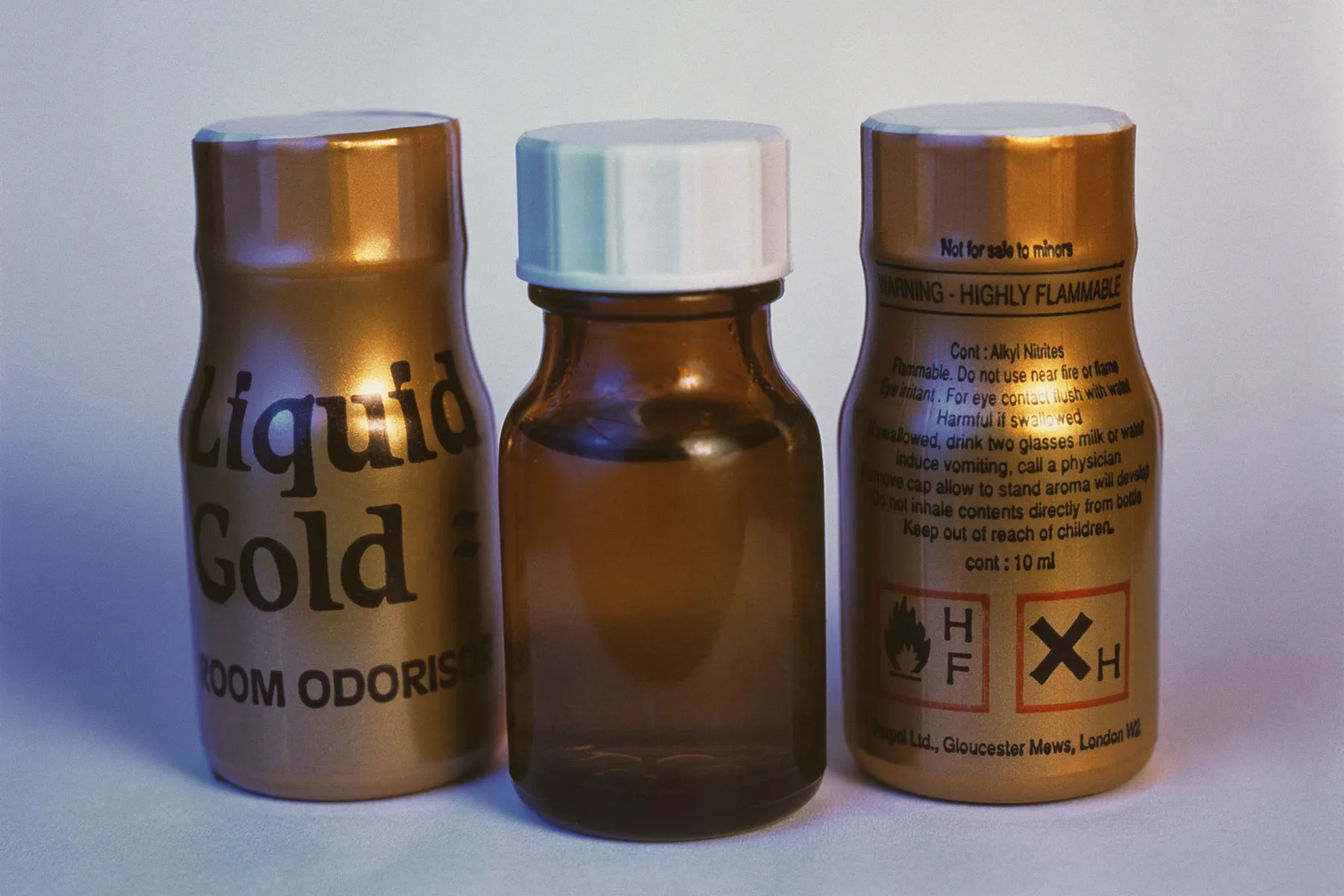
How do poppers work?
Poppers act as vasodilators, meaning they widen blood vessels. Inhalation leads to a rapid fall in blood pressure, producing a sudden but short-lived rush of euphoria and relaxation. These sensations typically last only a few minutes.
Poppers are frequently linked to sexual activity for a few reasons. They often lower inhibitions and increase sexual arousal. Additionally, poppers relax smooth muscle throughout the body—including muscles in the anus and vagina—potentially making anal and vaginal sex feel more comfortable.
Although poppers are commonly connected with gay men, people of all genders and sexual orientations have used them recreationally since the 1960s.
Note that some individuals use poppers just for the brief head rush, not necessarily for sexual purposes.
What side effects can poppers cause?
Besides euphoria and muscle relaxation, poppers can bring on several unpleasant effects, such as:
- headaches, often following use
- dizziness
- nausea
- fainting
- pressure or discomfort in the sinuses or eyes
Despite their reputation as sexual enhancers, some users report difficulty achieving or maintaining an erection while under the influence of poppers.
Others experience skin irritation around the nose after inhaling poppers.
Are poppers safe to use?
Poppers present a relatively low risk for physical dependence and addiction, but that doesn’t mean they’re risk-free.
Below are some of the hazards linked to popper use:
- Chemical burns: Poppers are extremely flammable and should not contact your skin. Spills can cause chemical burns.
- Eye injury: There have been cases reported of lasting eye damage after inhaling certain popper brands, especially those containing isopropyl nitrite.
- Drug interactions: Poppers can interact dangerously with other medications, notably erectile dysfunction (ED) drugs like sildenafil (Viagra) or tadalafil (Cialis). Because both poppers and ED medications lower blood pressure, combining them can precipitate stroke, heart attack, or even death. The same risk exists when poppers are used with antihypertensive medications.
- Risky situations: Poppers reduce inhibitions, which may increase the likelihood of engaging in behaviors you might otherwise avoid—such as unprotected sex that raises the chance of sexually transmitted infections (STIs). Poppers can also blunt pain sensations, so multiple sexual encounters may cause unnoticed tears or cuts; having sex with such injuries without a barrier can increase STI risk.
- Methemoglobinemia: Swallowing poppers or inhaling a very large quantity can cause methemoglobinemia, a potentially life-threatening condition in which blood cells contain excessive methemoglobin. This impairs oxygen transport in the blood and can seriously harm organs.
Safety advice if you choose to use poppers
Recreational use of poppers is not recommended. If you do decide to use them, the following precautions can reduce some risks:
- Begin cautiously: Poppers act quickly and intensely, so use a minimal amount at first.
- Only inhale: Never swallow poppers or attempt to take them by any other route.
- Avoid cigarettes: Some people dip an unlit cigarette into a bottle of poppers and inhale through it, but poppers are highly flammable. If that cigarette is later lit, it could cause severe burns. Keep poppers away from lighters, candles, and other open flames.
- One substance at a time: Don’t combine poppers with ED drugs, prescription medications, or recreational drugs, including alcohol. Interactions can produce dangerous effects.
- Have water ready: Try to prevent any liquid from contacting your skin. If a spill occurs, rinse the area immediately. If poppers get in your eyes, flush them with water right away.
- Plan sexual safety: If you intend to have sex after using poppers, talk about safer-sex practices beforehand to lower STI risk. For general sexual-health information and tips on safer sexual practices, see resources about healthy sex erogenous zones.
Seek immediate medical attention if someone swallows poppers or gets them in their eyes. Call emergency services as well if any of the following occur after popper use:
- trouble breathing
- blue or gray discoloration of the skin
- loss of consciousness
Final thoughts
Poppers are inhalants that produce a quick head rush and a relaxed feeling. Although they are technically legal for certain uses in the United States and have been used recreationally for decades, they carry several health risks.
If you plan on using poppers, take steps to lower potential harms—such as starting with a small amount and rinsing any liquid off your skin or out of your eyes immediately.

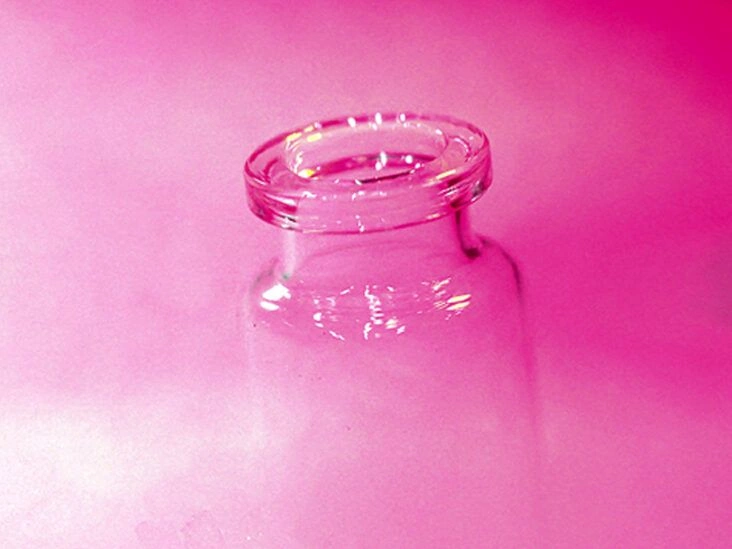





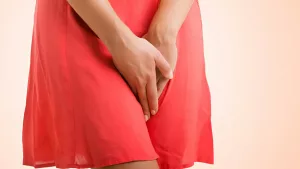


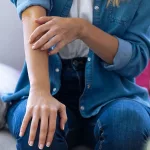

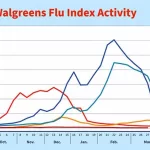






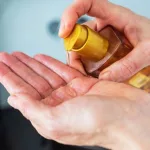

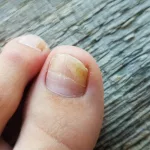
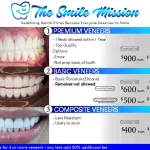
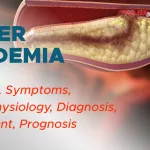

Leave a Reply
You must be logged in to post a comment.